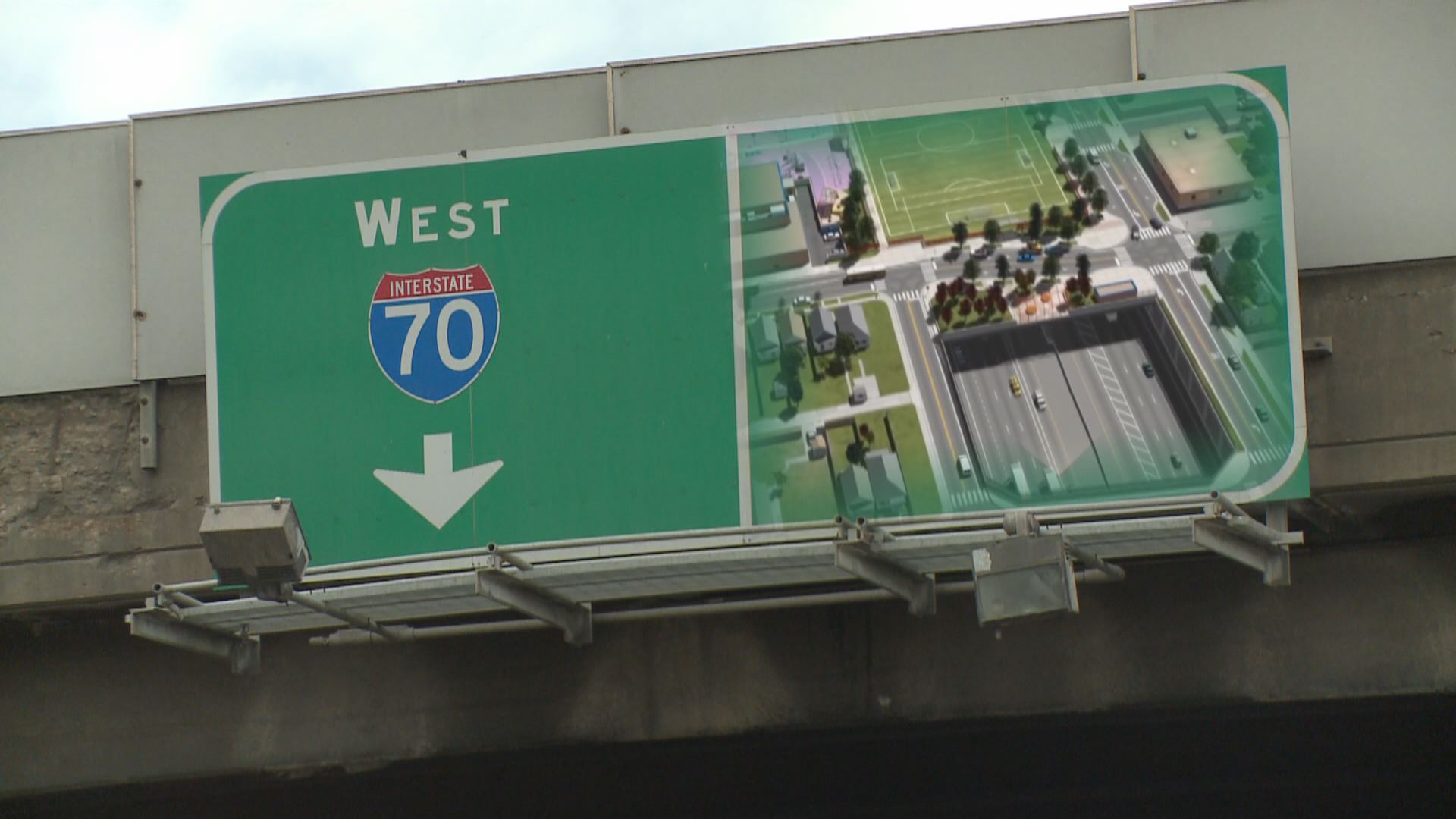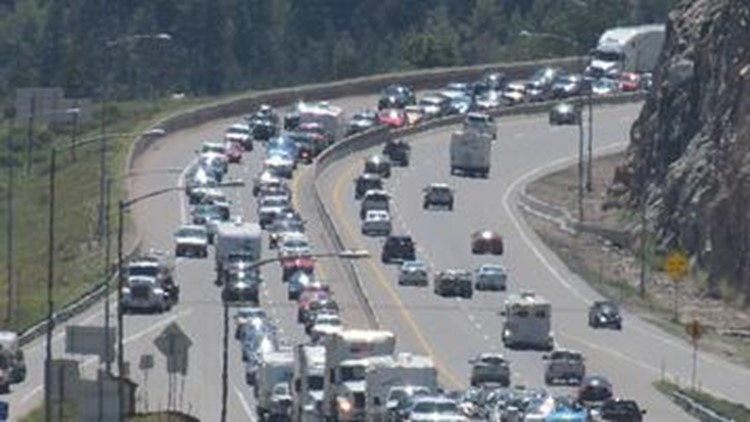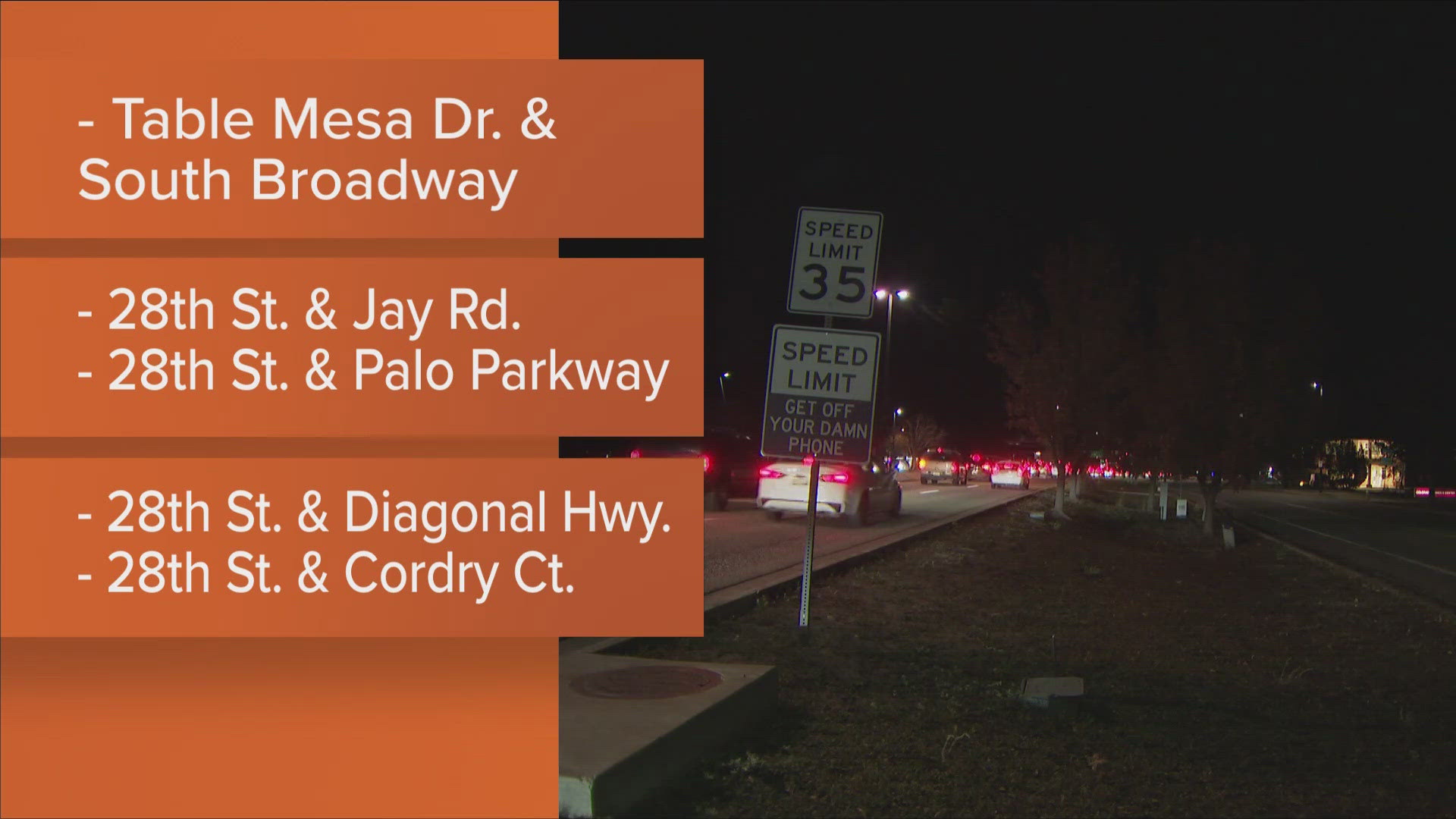Plans for the expansion of Interstate 70 have been in the works for some time, despite the controversy surrounding it.
And while most agree the area needs work, some residents closest to the construction are worried about the dust and pollution that will be created when work starts.
JoAnne Hernandez’s family has had their home since 1961. It's right next to the area where construction will start this spring.
“We need it here in this area," Hernandez said. "We need some good change here."

But the change doesn't come without a cost. The construction is expected to take years and will bring dust and pollution to the area.
“If you have a day when the air quality is bad and then you throw in the dust, you may create a double whammy for people in the area,” said Anthony Gerber, National Jewish Health physician and professor.
To combat this, Denver and CDOT are coming together to help families closest to the construction by offering air conditioners and insulating homes to keep dust out.
“There haven't been a lot of upgrades to this home so we are ready for some windows, insulation and upgrades to the inside,” Hernandez said.

Those getting the free work have to be in between Brighton and Colorado and 45th and 47th avenues.
Yadira Sanchez lives off of 48th.
“It makes you mad because we have breathing issues already, yet we're not qualified because we are one block over,” Sanchez said.
People receiving the improvements like Hernandez are siding with their neighbors.
“I believe they should be able to get their homes fixed over there too because it's just going to shoot right over there," Hernandez said.
The project allows improvements to 268 homes. People can chose to take advantage of some or none of the improvements offered.
9NEWS asked CDOT if enough people chose not to get the improvements, would other areas qualify. They said that under the commitment with the Federal Highway Administration this is not possible, but the city is looking into it.
The I-70 expansion is also facing various legal proceedings around the project, including two lawsuits filed against the Federal Highway Administration for its approval of the plan.



